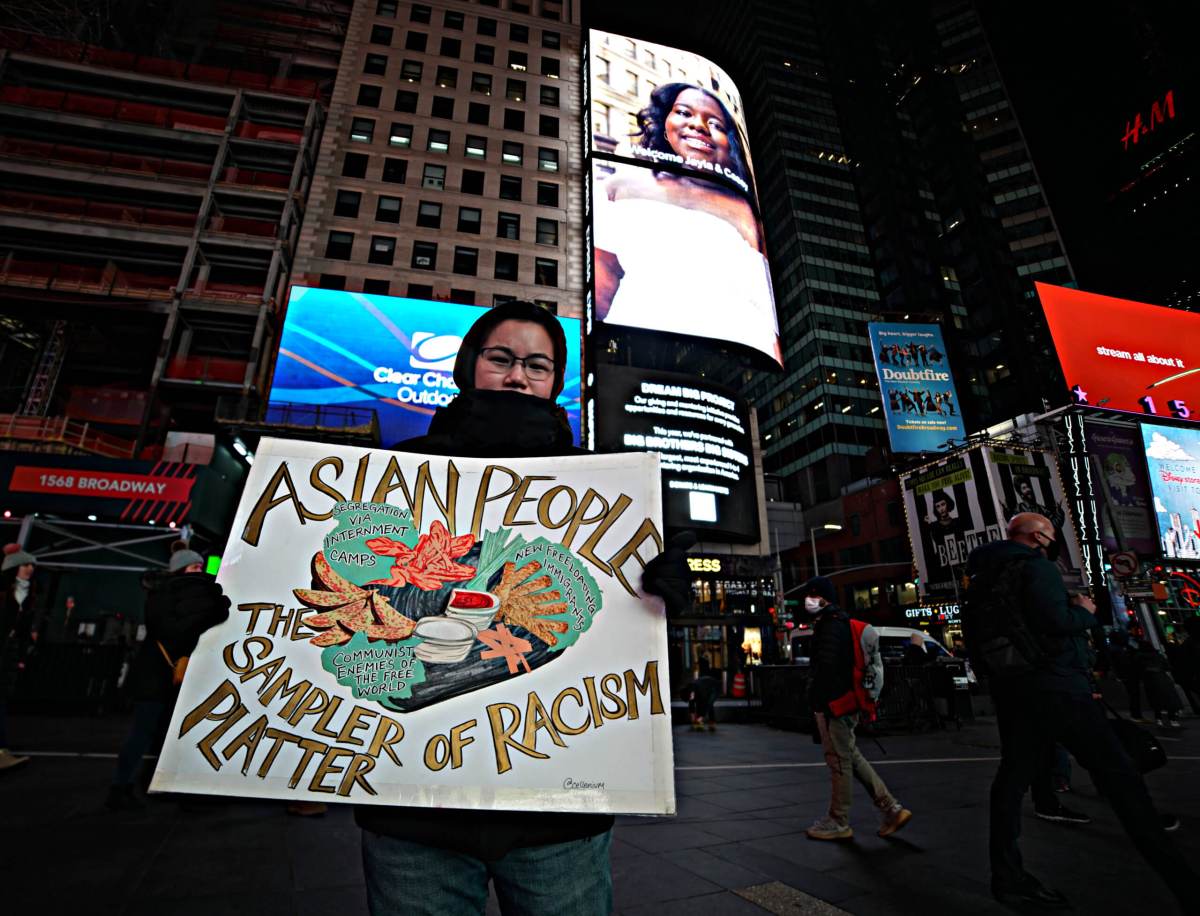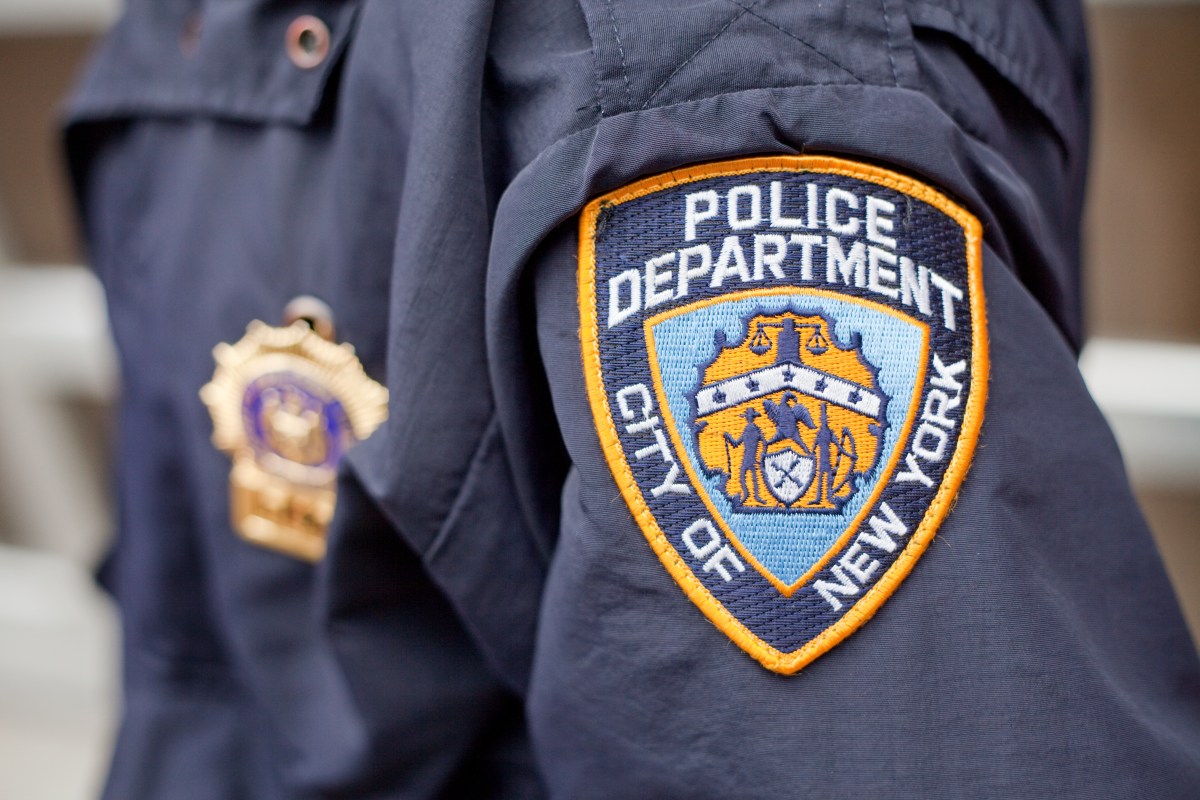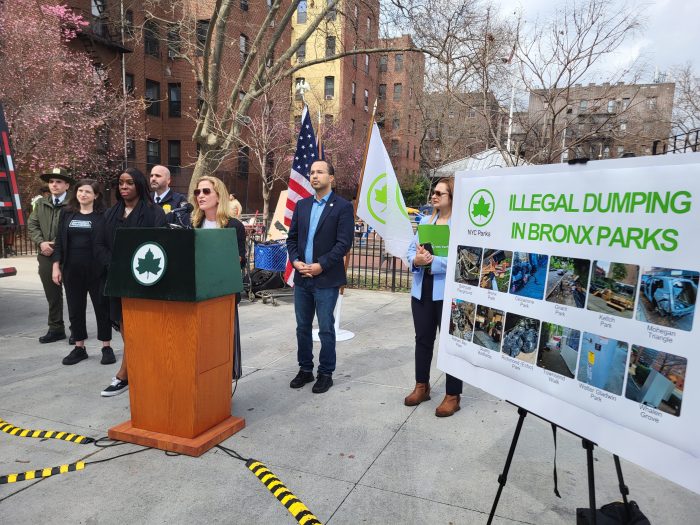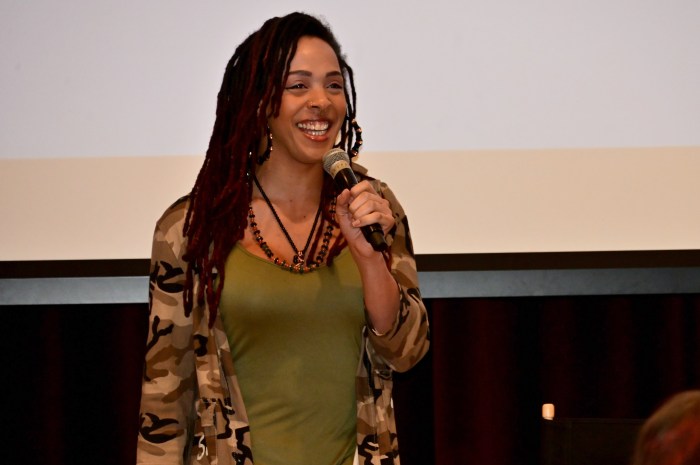During Asian American and Pacific Islander (AAPI) Heritage Month, two nonprofits have launched a database to report and track incidents of hate and bias against the AAPI and Native Hawaiian communities in NYC.
The new database announced Tuesday, dubbed the AAPI Hate Tracker, collects information on incidents motivated by hate, bigotry, bias or discrimination against Asian American, Native Hawaiian and Pacific Island (AANHPI) individuals or communities in the city. Anyone who feels they are a victim of this type of harassment or violence can submit an incident report to the tracker.
Those who were not directly involved but have witnessed these kinds of incidents in NYC can also file a report.
“The AAPI Hate Tracker is helping to more accurately assess the reality of AAPI hate in our community while also helping connect victims to support and resources for recovery,” a spokesperson for The Asian American Foundation (TAAF), an organization that helped launch the tracker, said. “Ultimately, we hope the insights generated from the data will help to drive policy recommendations that will help address the root causes of hate, bias, and violence.
A collaborative project created and funded by TAAF and Committee of 100, both organizations that support Chinese and other Asian American individuals and communities, the tracker is also funded by a federal grant from the U.S. Department of Justice.
Cindy Tsai, interim president of Committee of 100, described why a database like this is needed for the Asian American community.
“Committee of 100’s 2023 State of Chinese American survey showed that 55% of Chinese Americans worry about their safety related to hate crimes or harassment, 9% had been physically intimidated or assaulted and 46% felt they were treated with less respect than other people,” she said.
Citywide hate crimes
The NYPD Hate Crimes Dashboard is another resource available to the public that provides information about reported hate crimes in the city, but there are some key differences.
The AAPI Hate Tracker, however, is not a law enforcement agency, and submitting an incident to it does not constitute a police report.
Even so, the tracker accepts reports of both bias incidents and hate crimes, allowing organizers to capture greater data about incidents as they occur.
“Not all incidents rise to the level of hate crimes,” a spokesperson for TAAF said.
Additionally, many Asian Americans wind up never reporting these crimes at all, out of a mix of fears, Norman Chen, CEO of TAAF, explained.
“Our recently released NYC Safety Study uncovered that only 46% of the Asian American New Yorkers who experienced a hate incident in the past year reported it to anyone at all, with barriers including not wanting to bring attention to themselves, not knowing how to report and not feeling comfortable reporting to law enforcement,” Chen said.
Chen added that the tracker is easy-to-use and submissions can be filed anonymously. It can also help provide support and resources victims might need for recovery, including legal, mental health and social service needs, as well as language assistance.
1 in 5 Asian Americans in NYC have been assaulted
Other alarming statistics from TAAF’s NYC Safety Study show that 1 in 5 Asian Americans in New York were physically assaulted over the previous 12 months.
Additionally, 83% of Asian American women note public safety as a major concern in NYC, and 1 in 2 Asian Americans here report personally experiencing either insults, harassment, threats or even physical attacks in the previous 12 months because of their race or ethnicity.
The AAPI Hate Tracker is helping to shed light on these statistics.
“As incidents of Asian hate continue to plague our community, it is our hope that this work will have long standing use in understanding the causes of Asian hate and bias and guide us in implementing evidence-based solutions,” Tsai said.



































